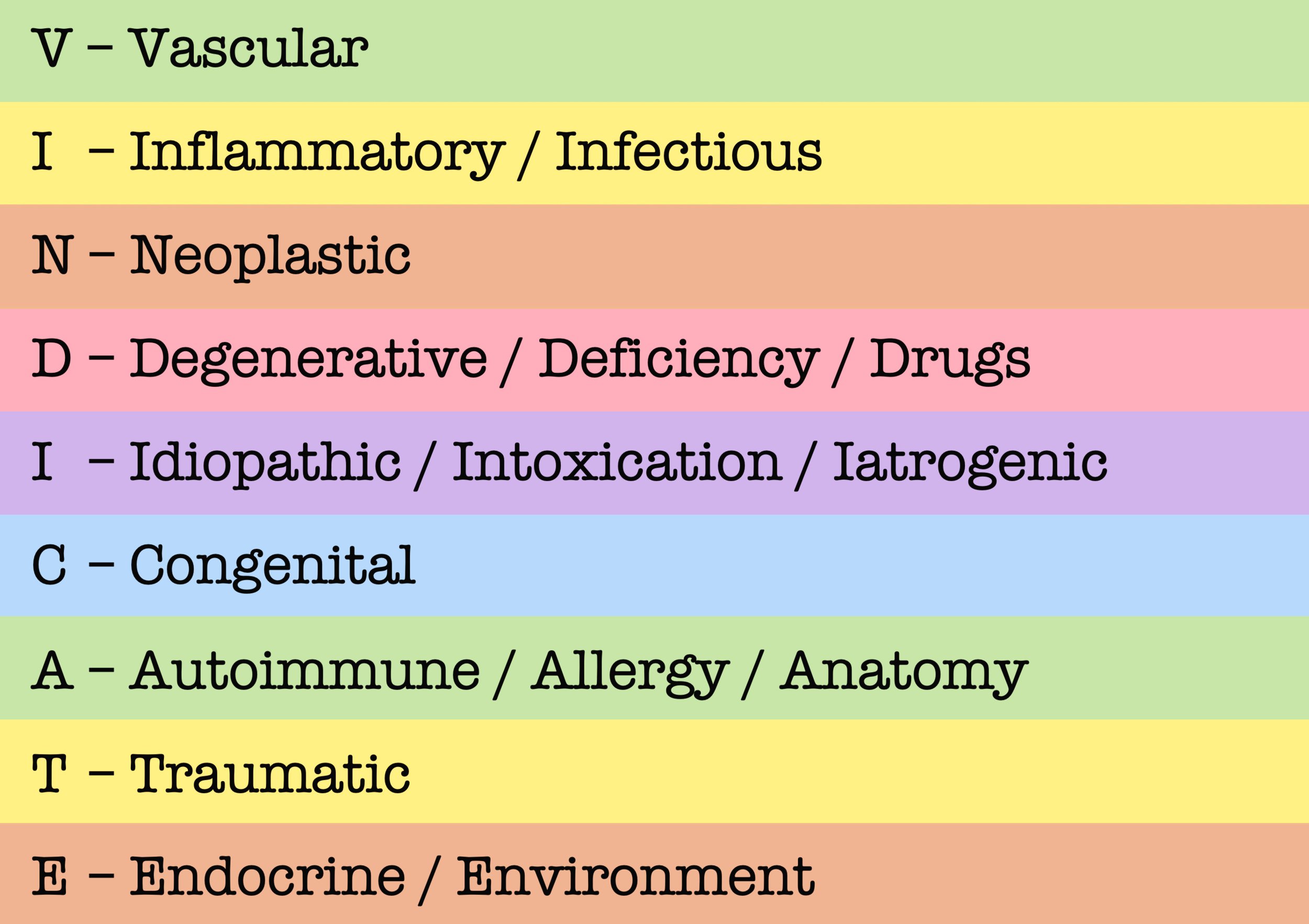Bite-Size: Advanced Health Directive, Everyone Should Get One.
What is an advance health directive?
Advance health directive (AHD) allow patients to have peace of mind knowing that their wishes will legally be fulfilled. It is a legal document that allows the patient to have a particular set of instructions for their future care once they cannot make a formal decision due to their illness. This would include the type of care that should be taken, their preferences and priority of care, identifying who can legally take over to make decisions, and having the documents be accessible regarding the matter. The AHD also help patients think about their values, such as religion, spiritual and psychological, and in a way for those in palliative care to accept the inevitable and looming death.
The person appointed for the AHD can be a spouse, a carer or a close friend or relation who is in a close relationship with the patient. The person chosen has to act as a statutory health attorney and allowed to make health care decisions on the patient’s behalf; however, there are aspects that they have no power over, such as deciding to use the patient’s body as tissue donation, sterilise the patient, or pregnancy termination amongst other things. The responsibility of the statutory health attorney must correspond with the general and health principles that matter to the patient whenever a decision is made. It is worth mentioning that once the patient has recovered or regained capacity, the statutory health attorney authority ends.
Who can help you start the AHD?
The most well-suited doctors in advocating AHD would be the general practitioners (GP). GPs have long-standing professional relationships with patients and are in the best position to start the conversation and create an AHD. It is estimated that more than half of patients in Australia did not have the adequate opportunity to discuss their end-of-life care wishes and how they should be implemented. Unfortunately, some of these patients have an increased chance of inappropriate or futile investigations, which costs the healthcare system a tremendous amount of money and pain for the families. Planning your death is not an easy feat. Hence, it takes time and much effort if patients are tired, old, and already in a disease state to get themselves organised and get their wanted wish. Thus, this becomes problematic. Such wishes could be the location of death, family involvement and being pain-free. These decisions need to be made by a patient who is alert, orientated and competent.
The crucial takeaway is that it is never too early to start planning or, in a way, start the conversation. Any adults above the age of 18 can apply and do an AHD. Even though an AHD is valuable for chronically ill patients with advanced disease or patients in palliative care, an AHD should still be considered for other healthier patients. Young, fit and healthy patients who are unlikely to die from their day-to-day activities are the citizens who are the least bothered about having an AHD but should get an AHD regardless as it involves their lives and how their care should go on about.
Reasons to get an AHD
For example, let’s imagine Mr GR, who comes to the hospital for a left lower quadrant pain. He is admitted and is later diagnosed with diverticulitis with a 9 cm abscess, which is promptly treated. His stay will likely go on for a maximum of one week. Mr GR does not have an AHD, and his hospital presentation would unlikely cause death. None of the less, there is still a chance of dying from diverticulitis. Edna et al state that the in-hospital mortality rate of diverticulitis is 0.5% to 7% if there are no complications. Suppose that the complications were present, which is a real risk; in that case, the in-hospital mortality may range from 0% to 45% depending on if there is an abscess formation with or without perforation and generalised peritonitis. Mr GR technically had diverticulitis with complications as his abscess was found to be 9 cm long, and even though he tolerated and handled his condition very well, there was always a risk of dying. Mr GR recovered well and lives another day; that is another day without AHD.
So what was the point of this story? There is always a risk, and the best solution would be to get hold of Mr GR’s GP and let the GP know to engage in the AHD conversation the next time Mr GR presents to the practice. Patients may not have an AHD for the simple reasons that they don’t know that one such legal document exists, that they have “invincible syndrome” when they are young, fit and healthy, and that they actually never got the conversation of dying without an AHD. However, the best time to make an AHD would be when patients are about to be admitted to the hospital, medical conditions that will likely affect a patient’s ability to make proper sound decisions, and conditions that may cause serious complications. With Mr GR, he definitely had the opportunity to have the conversation when he was admitted to the hospital and possibly make one as he had time since his total stay was about a week. Another reason to start the steps and have that conversation was that Mr GR also had a complication resulting in increased death risk, even though the stakes were low.
To conclude
It is essential to note that the AHD does not cover all the health care decisions and that further additions or changes can occur before any cognitive decline. It is generally advised for patients to change or alter the document every 1-2 years as patients may change their views on religion, spiritual, psychological, et cetera. They may also want to change how they want to be treated. Hence, follow up or revision consultations with the GP are always beneficial.
As a final word, the AHD is a legal document that allows patients peace of mind on how their health will be taken care of if they are incapacitated. Their wishes will be legally fulfilled by the statutory health attorney whom they have appointed. The results enable family and friends to know and understand the patients’ wishes, alleviate extra anxiety and stress, and improve end-of-life care.
An advance health directive is beneficial for everyone – start the conversation.
Published 15th April 2021. Last reviewed 1st December 2021.
Reference
Edna TH, Jamal Talabani A, Lydersen S, Endreseth BH. Survival after acute colon diverticulitis treated in hospital. Int J Colorectal Dis. 2014;29(11):1361-1367. doi:10.1007/s00384-014-1946-3
Queensland Health authors. Advance care planning. Queensland Government website. https://www.health.qld.gov.au/sunshinecoast/html/services/advance-care-plan. Updated April 28, 2016. Accessed April 29, 2021.
Queensland Health authors. Advance care planning. Queensland Government website. https://www.qld.gov.au/law/legal-mediation-and-justice-of-the-peace/power-of-attorney-and-making-decisions-for-others/advance-health-directive. Updated November 30, 2020. Accessed April 29, 2021.
Tran M, Grant M, Clayton J, Rhee J. Advance care decision making and planning. Aust J Gen Pract. 2018;47(11). doing: 10.31128/AJGP-06-18-4613




























